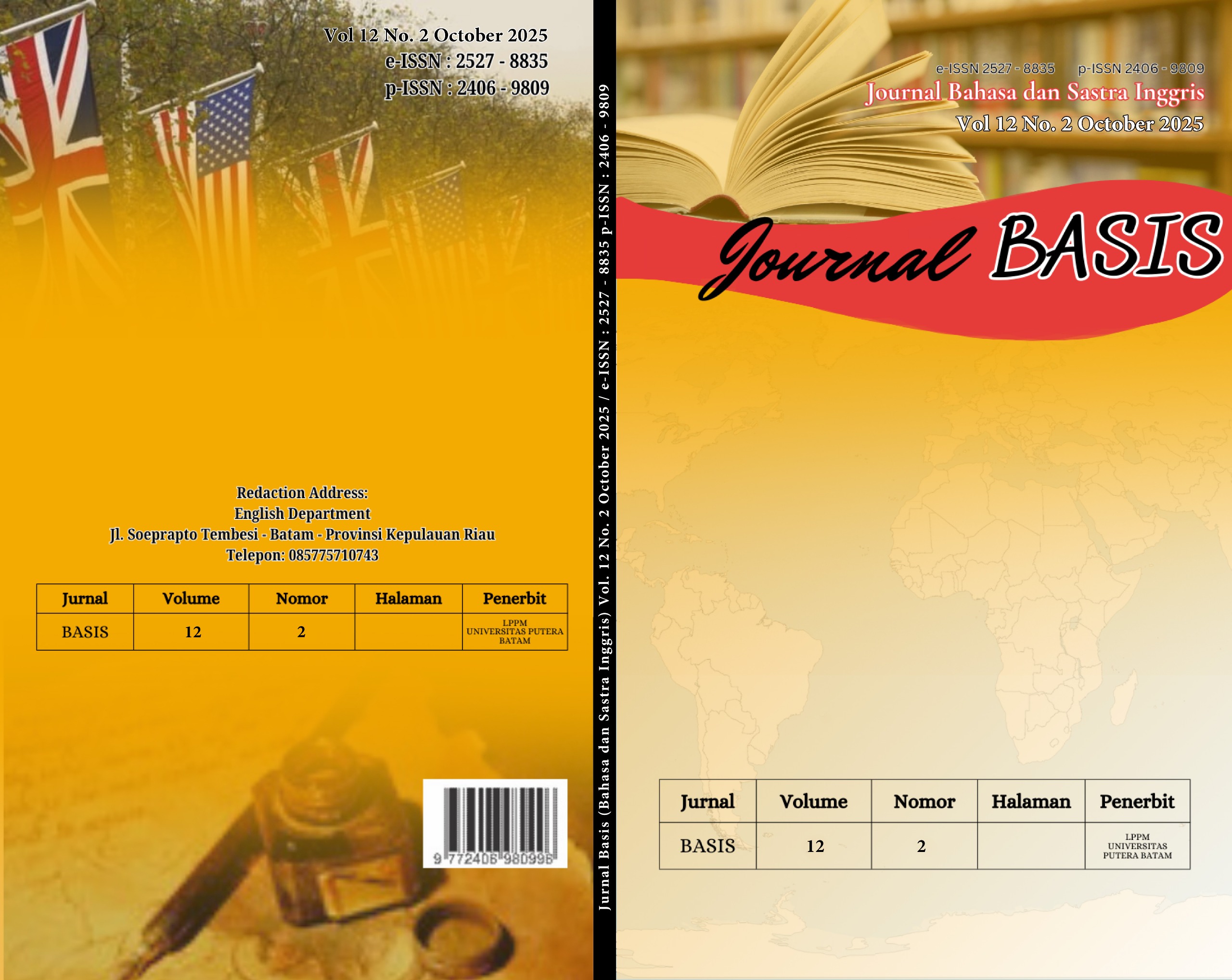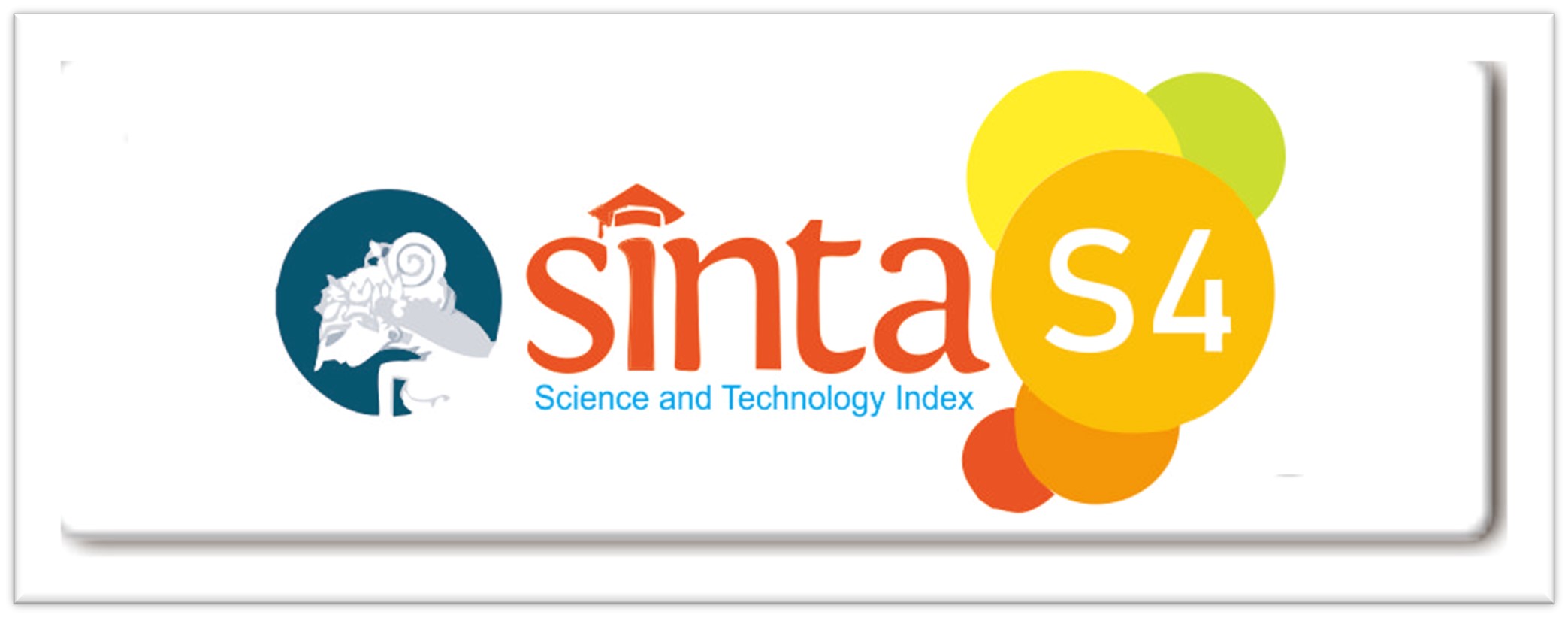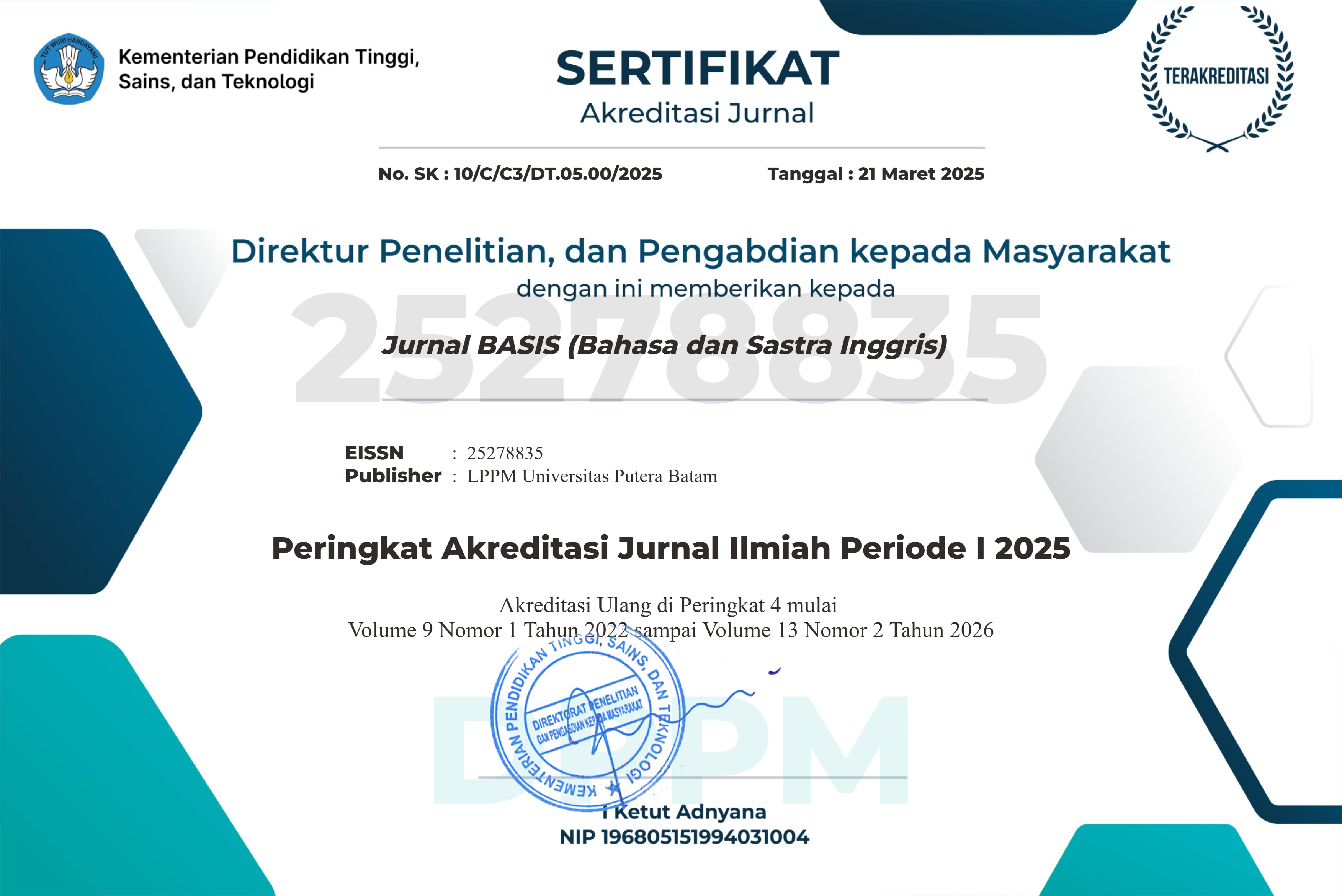CONSTRUCTING POSITIVE TRAVEL EXPERIENCE THROUGH LANGUAGE: A DISCOURSE-PRAGMATIC STUDY IN CENTRAL JAVA, INDONESIA
DOI:
https://doi.org/10.33884/basisupb.v12i2.10840Keywords:
Discourse Analysis, Pragmatics, Digital Politeness, Tourism Communication, Central JavaAbstract
This study investigates how language is used to construct positive travel experiences in online reviews of tour services in Central Java, Indonesia. It aims to reveal the linguistic and pragmatic strategies through which international tourists express satisfaction, gratitude, and interpersonal warmth in digital communication. Drawing upon Discourse Analysis (Fairclough, 1992) and Politeness Theory (Brown & Levinson, 1987), 150 English-language TripAdvisor reviews written by foreign travelers who had participated in tour programs across major destinations in Central Java were analyzed qualitatively through discourse-pragmatic interpretation. The analysis focused on evaluative expressions, politeness markers, and narrative framing that revealed the writers’ affective stance. Findings show that reviewers frequently employed expressive lexical choices, intensifiers, and positive adjectives (e.g., amazing, helpful, friendly) to strengthen affective meaning. Pragmatically, tourists often used direct appreciation, collectivist expressions, and culturally sensitive compliments (e.g., thank you so much, we truly appreciate it) to establish solidarity and warmth. These linguistic strategies demonstrate how reviewers not only evaluate tour services but also enact politeness norms and rapport-building within digital discourse. The study concludes that online reviews extend traditional Indonesian values of sopan santun (courtesy) into digital interaction, reinforcing Central Java’s image as a hospitable and culturally respectful destination in global tourism communication.
References
Blitvich, P. G.-C. (2010). A genre approach to the study of politeness in face-to-face and computer-mediated interaction. Pragmatics, 20(2), 229–254. https://doi.org/10.1075/prag.20.2.03bli
Brown, P., & Levinson, S. C. (1987). Politeness: Some universals in language usage. Cambridge University Press.
Bruckman, A. (2002). Ethical guidelines for research online. In Internet research: Ethics of investigating human subjects online. Retrieved from https://www.cc.gatech.edu/~asb/ethics
Creswell, J. W. (2014). Research design: Qualitative, quantitative, and mixed methods approaches (4th ed.). Sage.
Culpeper, J. (2011). Impoliteness: Using language to cause offence. Cambridge University Press.
Economidou-Kogetsidis, M. (2016). Variation in evaluations of (im)politeness across English as a lingua franca requests. Journal of Pragmatics, 101(1), 1–15. https://doi.org/10.1016/j.pragma.2016.05.010
Fairclough, N. (1992). Discourse and social change. Polity Press.
Fairclough, N. (2015). Language and power (3rd ed.). Routledge.
Gretzel, U., & Yoo, K. H. (2008). Use and impact of online travel reviews. In P. O’Connor, W. Höpken, & U. Gretzel (Eds.), Information and communication technologies in tourism 2008 (pp. 35–46). Springer. https://doi.org/10.1007/978-3-211-77280-5_4
Holmes, J., & Wilson, N. (2017). An introduction to sociolinguistics (5th ed.). Routledge.
Jaworski, A., & Pritchard, A. (Eds.). (2005). Discourse, communication and tourism. Channel View Publications.
Kim, H., & Stepchenkova, S. (2017). Effect of tourist photographs on attitudes toward destination: Manifest and latent content. Tourism Management, 60, 348–362. https://doi.org/10.1016/j.tourman.2016.12.024
Ladhari, R., & Michaud, M. (2015). eWOM effects on hotel booking intentions, attitudes, trust, and website perceptions. International Journal of Hospitality Management, 46, 36–45. https://doi.org/10.1016/j.ijhm.2015.01.010
Leech, G. (2014). The pragmatics of politeness. Oxford University Press.
Lincoln, Y. S., & Guba, E. G. (1985). Naturalistic inquiry. Sage.
Martin, J. R., & White, P. R. R. (2005). The language of evaluation: Appraisal in English. Palgrave Macmillan.
Miles, M. B., Huberman, A. M., & Saldaña, J. (2014). Qualitative data analysis: A methods sourcebook (3rd ed.). Sage.
Schiffrin, D. (1994). Approaches to discourse. Blackwell.
Spencer-Oatey, H. (2008). Culturally speaking: Culture, communication and politeness theory (2nd ed.). Continuum.
Vásquez, C. (2011). Complaints online: The case of TripAdvisor. Journal of Pragmatics, 43(6), 1707–1717. https://doi.org/10.1016/j.pragma.2010.11.007
Vásquez, C. (2014). “Usually not one to complain but …”: Constructing identities in user-generated online reviews. Journal of Pragmatics, 75, 67–83. https://doi.org/10.1016/j.pragma.2014.10.008
Yule, G. (2010). The study of language (4th ed.). Cambridge University Press.
Yuliana, R., & Farida, N. (2020). Linguistic politeness in online communication among Indonesian users: A socio-pragmatic perspective. BASIS: Jurnal Bahasa dan Sastra Inggris, 9(2), 45–55. https://doi.org/10.33884/basis.v9i2.2020
Zappavigna, M. (2012). Discourse of Twitter and social media: How we use language to create affiliation on the web. Bloomsbury.
Zhang, Y., & Vásquez, C. (2014). Hotels’ responses to online reviews: Managing consumer dissatisfaction. Discourse, Context & Media, 6, 54–64. https://doi.org/10.1016/j.dcm.2014.08.004













 JURNAL BASIS (BAHASA DAN SASTRA INGGRIS)
JURNAL BASIS (BAHASA DAN SASTRA INGGRIS)
